Week-to-Week: To Binge or Not To Binge
Bridgerton, Starstruck, and a decision firmly in the hands of streaming services
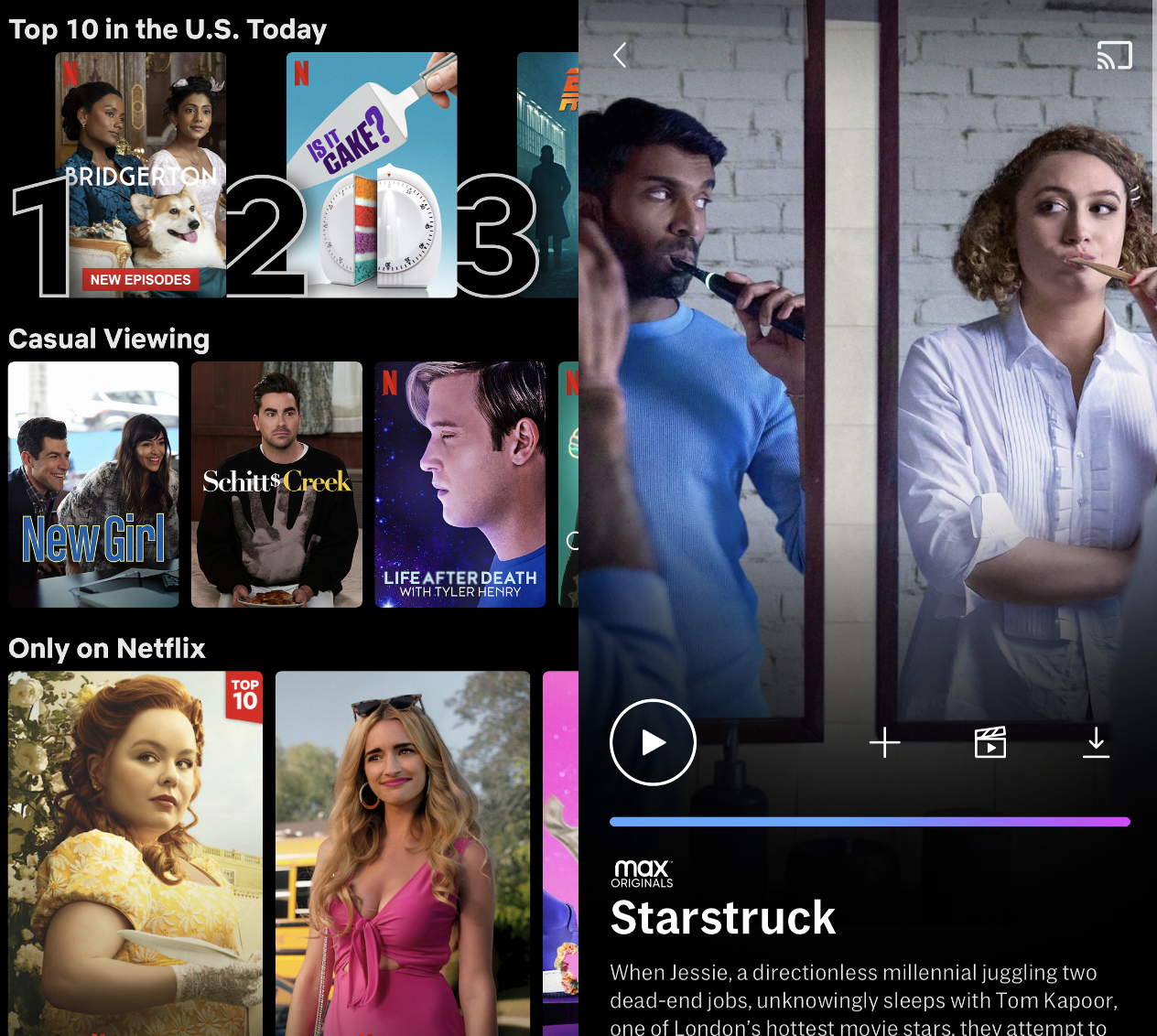
I’ve spoken to a number of journalists in recent months about the chaos of streaming platform distribution strategies, and I’ve stuck to the same story: that after initially prioritizing binge releases by default as a form of disruption, streaming services are increasingly shifting to an experimental model based on the needs of specific shows, the health of the platform, and the whims of executives. As I told Libby Hill for Indiewire1,
Netflix’s sheer volume of TV shows made binge releases the default early on even when Hulu was primarily releasing shows on a weekly basis, but each new platform that has emerged has observed a changing marketplace and said, ‘Hmm, let’s try this instead.’
From a scholarly perspective, I’m fascinated by how the death by a thousand cuts of the binge release plays out. Netflix isn’t going to ditch it overnight, but their experimentation with weekly episode drops for reality shows is expanding instead of contracting, and while there are contractual- and Emmy-related reasons for splitting seasons of shows like Ozark and Stranger Things it’s an extension of the same goals of keeping people subscribed for longer.
From a critical perspective, though, I’m finding this experimental moment to be a frustrating one, as I know streaming services are capable of embracing different release patterns for shows and yet don’t do it when I think they should.
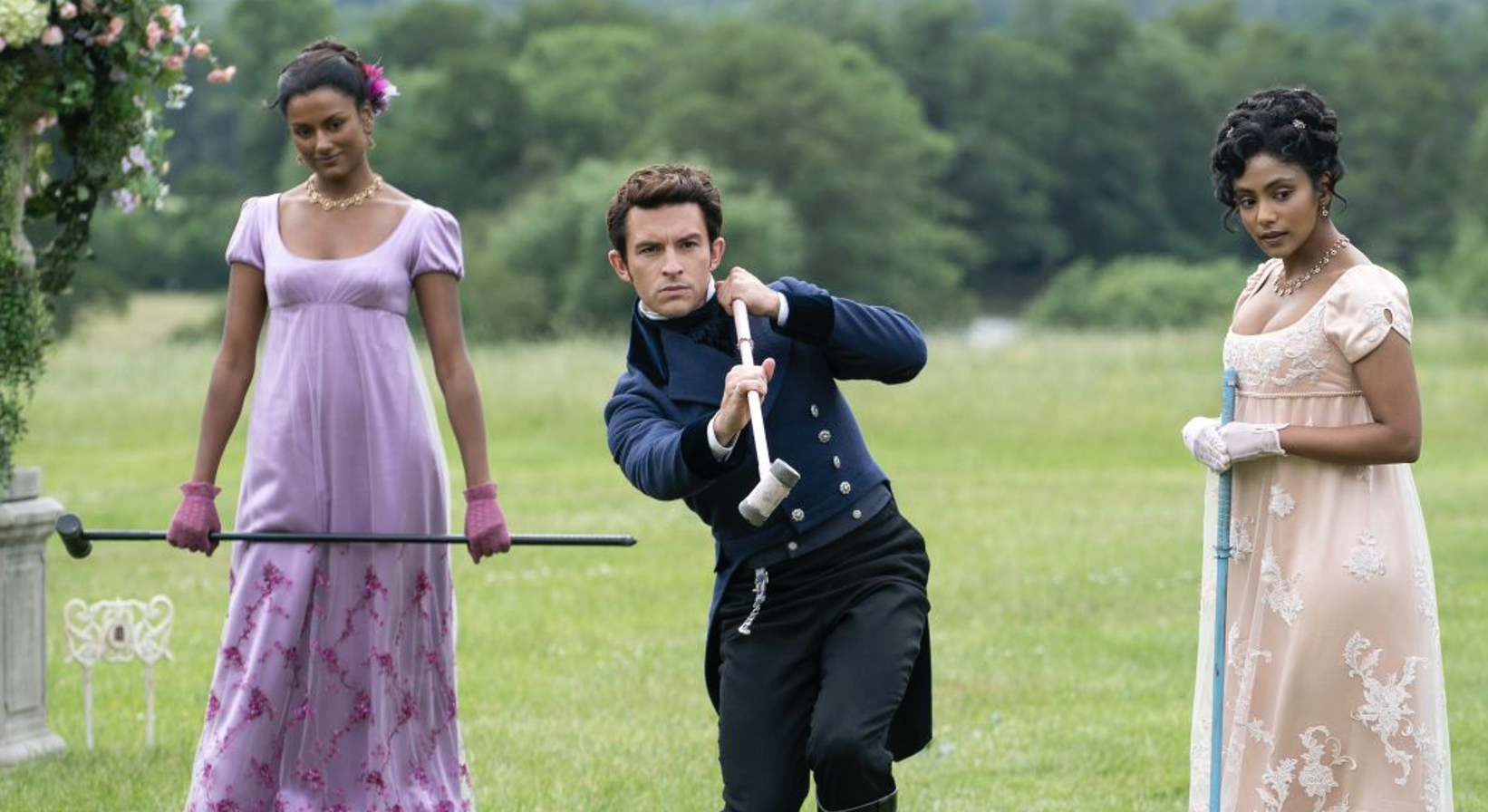
It’s one thing if there’s a show where you can see the pros and cons of different release strategies. As I write this, I’m absent-mindedly binging through the second season of Netflix’s Bridgerton, and I really don’t know if I think it would be better or worse off on a weekly review schedule.
On the one hand, weekly releases would foreground the withholding quality of the show’s “enemies to lovers” arc with Anthony and Kate, and amplify that potent balance of frustration and anticipation it generates for viewers. On the other hand, weekly releases would reveal how delicate that balance is, and create the very real possibility that viewers would fret the slower pace of this season and lose interest. It would indeed be an experiment, but one that Netflix knows would test people’s interest in what were effectively the window dressing characters in the first season, and so I’m not shocked they aren’t messing with it.2 (but after someone tweeted about doing a combined “season” for the next three siblings, I wouldn’t be shocked if they divided that season into “Parts” to do so).
I have more definitive feelings, though, about this weekend’s other romantic binge release: the HBO Max original Starstruck, which saw its six-episode second season released on Thursday. This was how the first season came to HBO Max last year as well, and it’s technically how most people in the U.K. consumed it given that it has launched as a “bingable” show on BBC’s iPlayer even when it was also aired weekly. And so season two, which picks up exactly where the first season left off, was released in the same way: as six 22-ish-minute episodes which, when, binged, form a roughly two-hour romantic comedy that remains as charming as it was last year.
But I don’t think that’s the right way to experience Starstruck. The show—which, if you’re not familiar, follows a sardonic New Zealand ex-pat in London who meets and falls into a situationship with a movie star—is disinterested in tight episode-to-episode continuity, consciously dropping us into specific vignettes of their time together.
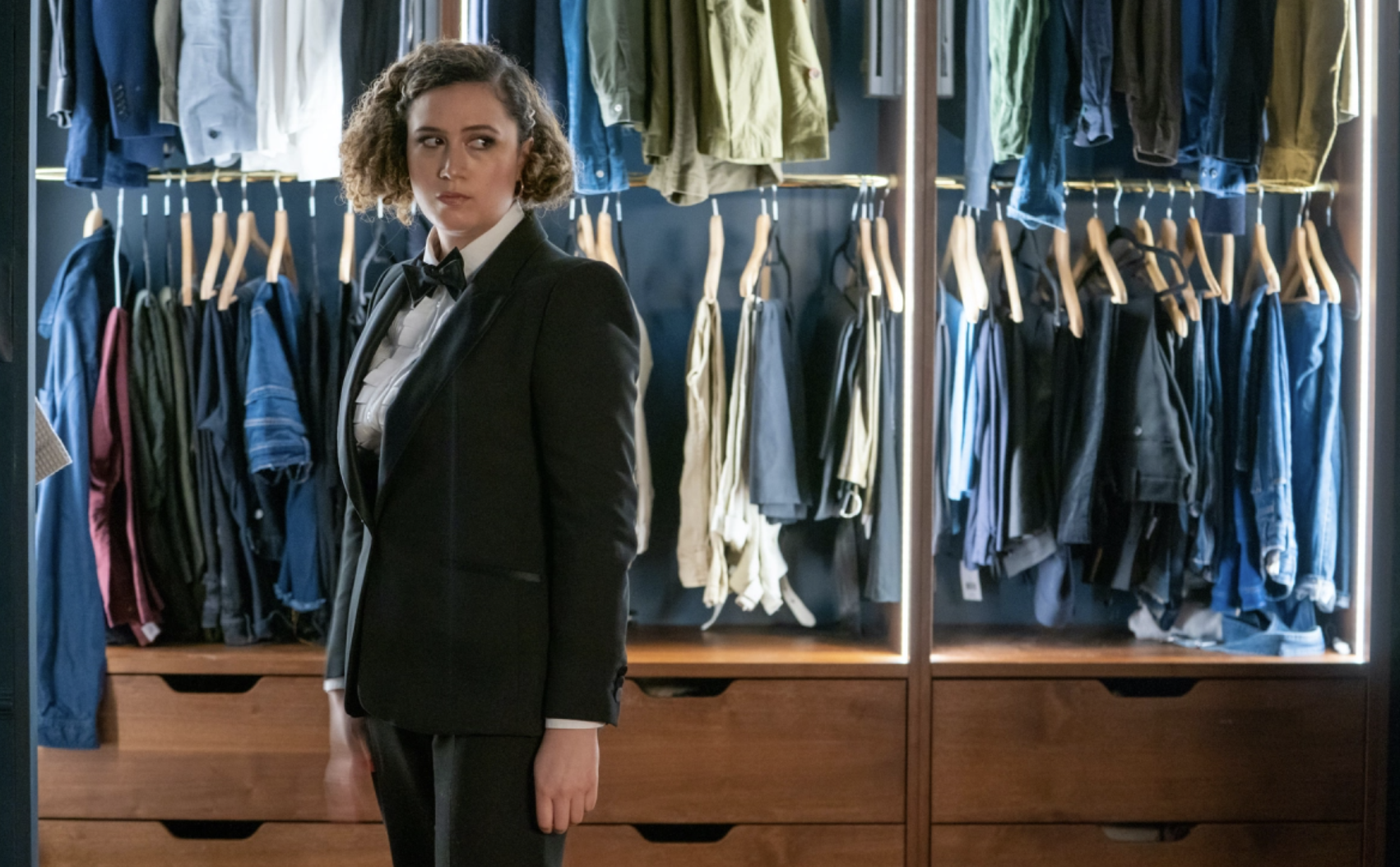
The second season shortens the timeline of these glimpses into their world—the first season took place over most of a year, while this one covers less than half that time—but the same principle applies. While the episodes obviously have consequences that carry over, each has a clear story to tell that will resolve before picking us up and dropping us into another moment somewhere down the line.
In other words, it’s a show inherently built for a weekly release, which is why I don’t understand the choice to force it into a binge model. My presumption is that its younger target demographic is why the BBC has made it a driver for iPlayer adoption, and I suppose the same could be true for HBO Max. And perhaps they feel young people are the most resistant to week-to-week schedules, and that 22 minutes a week wouldn’t be enough to sustain their interest.
There’s so much we miss out on, though, when we barrel through a show like this. It certainly works fine as a binge, but there’s something about the anticipation of where we’re going to drop back into the story, what has happened in the interim, and where we could be headed next. There are parts of the emotional arc in the second season that are probably a bit stronger if you see them in quick succession, but I’m convinced that having more time to sit with each episode would offer enough investment to offset the loss of recency. And while I could have forced myself into a once-a-week binge, that doesn’t work when you’re Extremely Online, and any conversations being had about it will have passed by then.
I don’t really have a leg to stand on here, though. On this week’s TV’s Top 5 podcast, star and creator Rose Matafeo cites When Harry Met Sally as a key influence, which just happens to be a film broken up into vignettes at different stages of their life.3 Moreover, Matafeo no doubt created the second season understanding that the BBC and HBO Max would be doing a binge release, and thus imagined that many—if not necessarily most—viewers would just blast through it since a two-hour window is so inherently short. And while I was gratified to hear her say on the podcast that she was initially appalled at people binging the show before she came to accept it, there’s no inherent reason why the show should be a weekly release except my own strong, fervent belief that it should.
But as ever, I cannot help how I feel, and thus find this experimental distribution era to be an unending annoyance as not everyone has come to an agreement to experiment only in the way that I approve. Truly, the gall of it.
Links to Links
On the subject of Starstruck discourse I couldn’t have read in a timely fashion if I’d spread it out over weeks instead of two days, Variety’s Caroline Framke has a great feature on Matafeo that goes into some of the details on conceiving season two, including the fact it started filming right after the first season started airing:
The second season of “Starstruck” began filming just one (1) day after the first premiered, giving her and the rest of the crew basically no time at all to absorb the show’s ongoing success. As shooting continued, though, more and more people began to recognize them on set.
“Sometimes in London there’ll be really unexpected dudes who are like, [finger guns] ‘STARSTRUCK!’ Really good!’” Mataeo says with a laugh. “It just reveals so much about them, that they watched this cute little romcom. My kind of guys!”
Additionally, Alan Sepinwall at Rolling Stone has a deeper (spoilery) breakdown of one particular cold open to an episode in Starstruck’s second season, which I have to admit that I never fell for—this says a lot about my confidence of understanding the world Matafeo was creating, which perhaps explains the fervent feelings about its distribution.
It is an absolutely brilliant comic sketch, twice subverting the audience’s expectations in service of that explosive payoff. It is also something I would never show to someone outside the context of that episode, this season, or Starstruck in general. It is only as funny as it is because of that context, and what it tells us about Jessie. In other words, it is television. Not an 80-second scene in the middle of a three-hour movie. Not a one-act play. Not a hot dog or a sandwich. Television. Imagine that.
As you may well know, my weekly coverage of Apple TV+’s Severance is headed into the home stretch, with two more episodes to go. At various intervals I’ve been like “Huh, I hope someone is interviewing folks from the show about this stuff,” and so I was pleased to see this Vulture report from Roxana Hadadi on the making of the Defiant Jazz sequence in the episode of the same name.
Tillman and Rodriguez decided he would be unaware of the dance moves the MDR team would perform during the sequence, adding the additional challenge of Tillman organically responding to them during filming. (The actor’s only self-imposed rule for Milchick: “It’s in the Lumon handbook, no twerking.”) During the first day of filming the MDE, with ice on hand to keep Tillman from sweating through a cream cashmere sweater that “traps heat like none other,” the cast and crew didn’t even get to the dancing.
Comment to Comment
Speaking of things I’m covering, I wanted to highlight a bit of the discussion happening between subscribers in the reviews most of you aren’t seeing. This week, wanted to briefly address this note from Scott A in my review of last week’s wild episode of Survivor:
Are they going to be able to do the "crazy phrases" thing any more, now that people have seen season 41 before they go to the island? As soon as someone says something wacky at the challenge, everyone is going to know they have one of the idols.
I’m on the record as being at best ambivalent about Survivor’s “Beware Idols,” and the wacky phrases they’ve been having them say to activate them. Jeff Probst clearly framed this season around the imbalance of information between players ignorant to the twists of Season 41 and an audience who saw that season. But if the show wants to retain the sense of subverting player expectations, it has to abandon most of what they’ve done to force that issue during this production cycle.
My guess is that this means the Beware Idols will either disappear or be activated differently, but I wonder if players will from week one start saying nonsense phrases at challenges simply to try to throw off the other tribes? I’m curious to see how much editing time they spend next season on players primed to expect a much more chaotic gameplay design flailing around to try to maximize said chaos.
Although Indiewire needs to get their act together for subsequently letting Libby go, so don’t click any other links after you read this one. ↩
Although on this subject, after I received this tweet…
@Memles I would really like to see a combined Benedict/Colin/Eloise season, since they all happen at roughly the same time. The problem then is Francesca, but she should really get her own standalone season since her book is by far the steamiest.
— Dr. Allegra Smith (@argella) 6:05 PM ∙ Mar 27, 2022…I’ve realized that Netflix can solve the problem of audience disinterest in the remaining Bridgertons by combining them into one season, but dividing that season up into segments, thus justifying weekly or monthly schedules. Put a pin in that one for when they announce details on Seasons 3 and 4. ↩
Full disclosure: I hadn’t seen When Harry Met Sally until relatively recently, and have MANY thoughts about this vignette format’s suggestion Billy Crystal was capable of playing a college student at the time of filming. (The film is otherwise excellent, of course). ↩
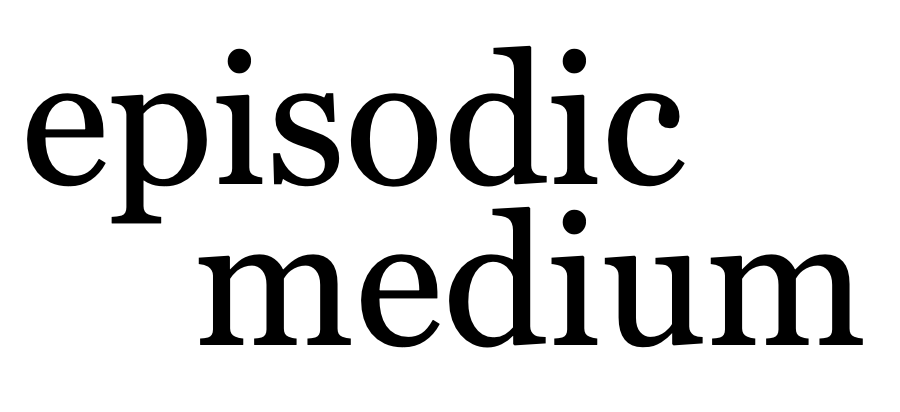
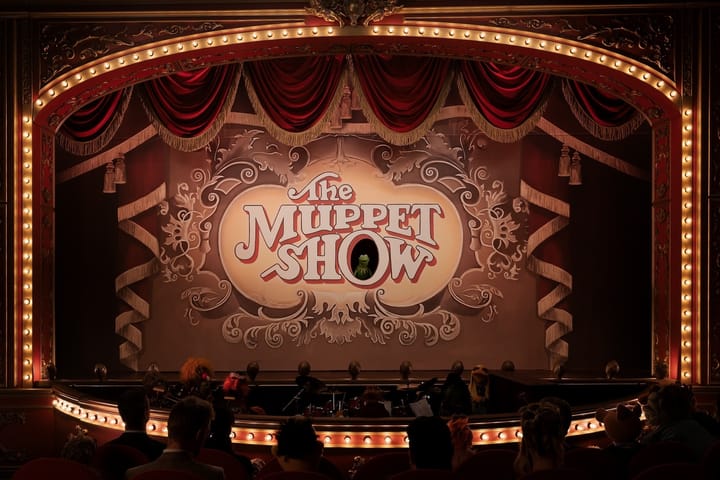
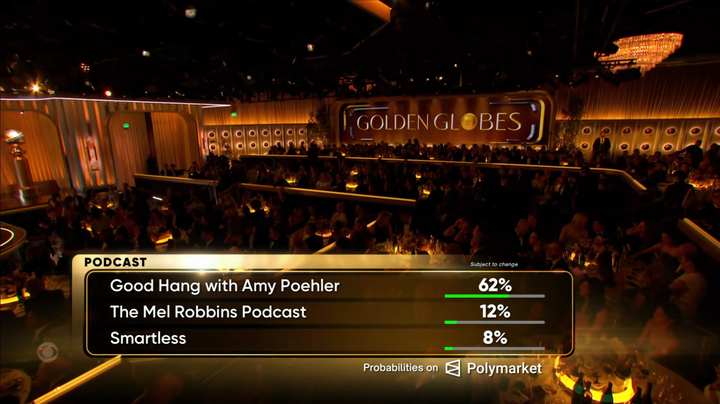

Comments ()